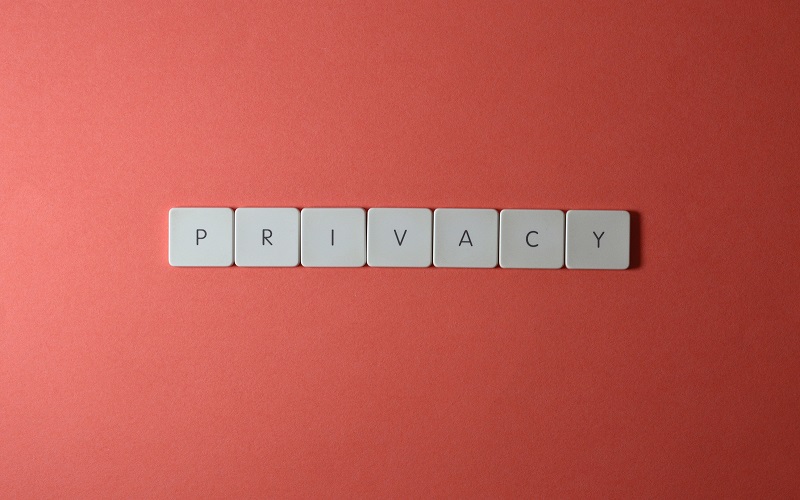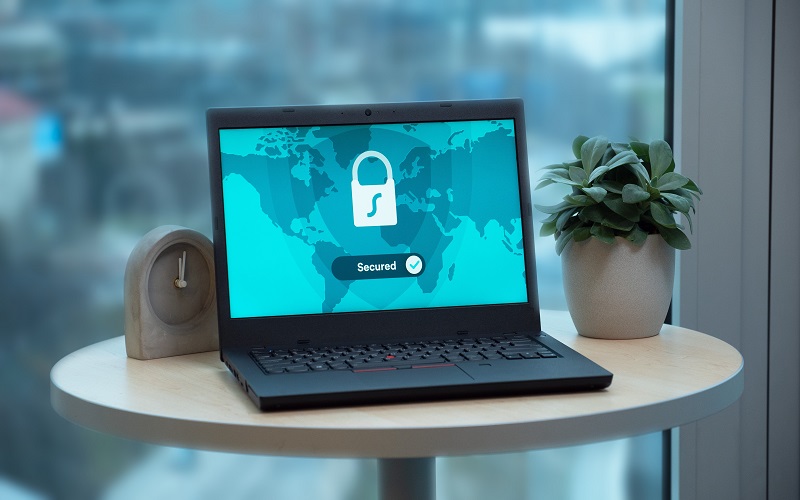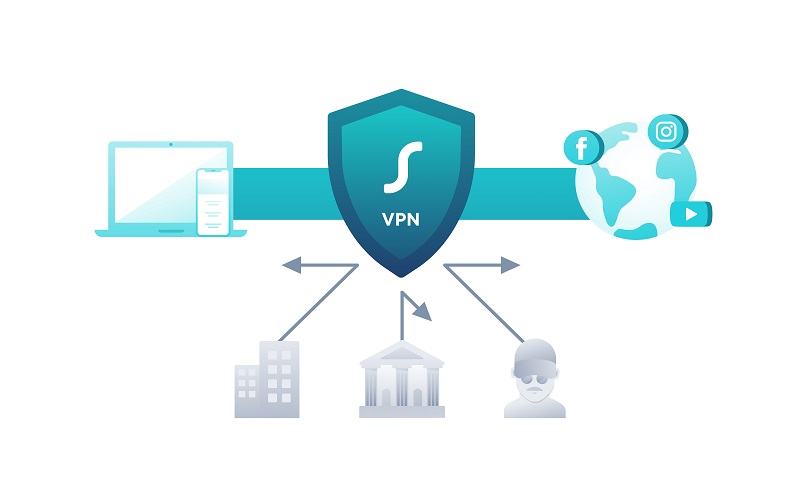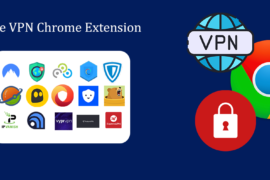A VPN, or Virtual Private Network, is a tool that allows you to connect to the internet via a secure and encrypted connection. This helps to protect your privacy and security online. There are several uses for a VPN:
- Protecting your privacy: When you connect to the internet through a VPN, your internet activity is not visible to your ISP or anyone else. This can be useful if you are concerned about being monitored or tracked online.
- Accessing restricted content: Some websites and online services are blocked in certain countries or regions. By connecting to a VPN server in a different location, you can access these websites as if you were in that location.
- Enhancing security on public Wi-Fi: When you use a public Wi-Fi network, your data is vulnerable to being intercepted by malicious individuals. A VPN can help to protect your data on these networks.
- Masking your IP address: Your IP address is a unique number that identifies your device on the internet. By using a VPN, you can mask your IP address, making it more difficult for websites and online services to track your online activity.
But with so many VPNs on the market, how do you choose the right one for your needs? Here are a few things to consider when selecting a VPN:
Speed
Speed is an important factor to consider when choosing a VPN, especially if you plan on using it for activities that require a lot of bandwidth, such as streaming video or online gaming. A slow VPN can cause delays and buffering, making for a frustrating experience.
To find a fast VPN, look for a provider that has a large network of servers and a good track record for speed. Some VPNs may slow your connection down, so it’s important to find one that strikes a good balance between security and performance.
It’s also a good idea to test the speed of a VPN before committing to a subscription. Many VPN providers offer free trials or money-back guarantees, so you can test out their service and see if it meets your needs.
Privacy
Privacy is a key concern for many people when it comes to using a virtual private network (VPN). A VPN encrypts your internet connection and routes your traffic through a remote server, masking your IP address and making it appear as though you are located in a different location. This can be useful for protecting your online activity from prying eyes and keeping your personal information private.

However, not all VPNs are created equal when it comes to privacy. Some VPN providers keep logs of your activity, which can be accessed by authorities or handed over to third parties. This means that, even though your internet connection is encrypted, your online activity may still be traceable.
To ensure your privacy is protected, look for a VPN that has a proven track record of protecting user data and a clear privacy policy. A no-logs policy is also a good sign, as it means the VPN provider does not store any logs of your activity.
Security
Security is a top concern for many people when it comes to using a virtual private network (VPN). However, not all VPNs are equally secure. To ensure your security is protected, look for a VPN that uses a strong encryption protocol, and offers 256-bit AES encryption at a minimum.
In addition to encryption, a good VPN should also offer additional security features such as a kill switch, which cuts off your internet connection if the VPN connection drops, and DNS leak protection, which prevents your DNS queries from being sent outside of the encrypted VPN tunnel. These features help to protect your security even if the VPN connection is lost or compromised.

Device compatibility
Device compatibility is an important factor to consider when choosing a virtual private network (VPN). Not all VPNs are compatible with all devices. Most VPNs offer apps for popular operating systems such as Windows, macOS, iOS, and Android, but some may not support certain devices or platforms.
Before committing to a VPN subscription, make sure the provider offers apps or manual configuration options for the devices you plan on using it with. It’s also a good idea to check if the VPN provider offers browser extensions or support for router configuration, as these can be convenient options for protecting your online activity across multiple devices.

Device compatibility is an important factor to consider when choosing a VPN. Make sure the provider offers apps or manual configuration options for the devices you plan on using it with, and consider whether browser extensions or router configuration options are available.
Price
Price is an important factor to consider when choosing a virtual private network (VPN). VPNs can vary widely in price, from free to several dollars per month. While it may be tempting to go with a free VPN, keep in mind that these often have limited features and may not offer the same level of security and privacy as paid options.
That being said, it’s important to find a balance between price and features. Look for a VPN that offers good value for the price, with a reasonable subscription fee and a good selection of features. Some VPNs offer discounts for longer subscription periods, so consider signing up for a longer term if it offers a good deal.
It’s also a good idea to take advantage of free trials or money-back guarantees offered by VPN providers, as this allows you to test out the service and see if it meets your needs before committing to a subscription.
Digital footprint
For all those people who do not know what your digital footprint is – it is the trail of data you leave behind as you use the internet. When you use a VPN, your digital footprint is masked, as your IP address and location are hidden. However, it’s important to note that VPNs do not completely erase your digital footprint, as your internet service provider (ISP) and the websites you visit may still be able to track your activity to some extent.
Conclusion
In conclusion, choosing the right VPN for your needs requires some research and consideration. By taking into account the factors mentioned above you can find a VPN that fits your needs and helps you protect your online privacy.





Comments are closed.